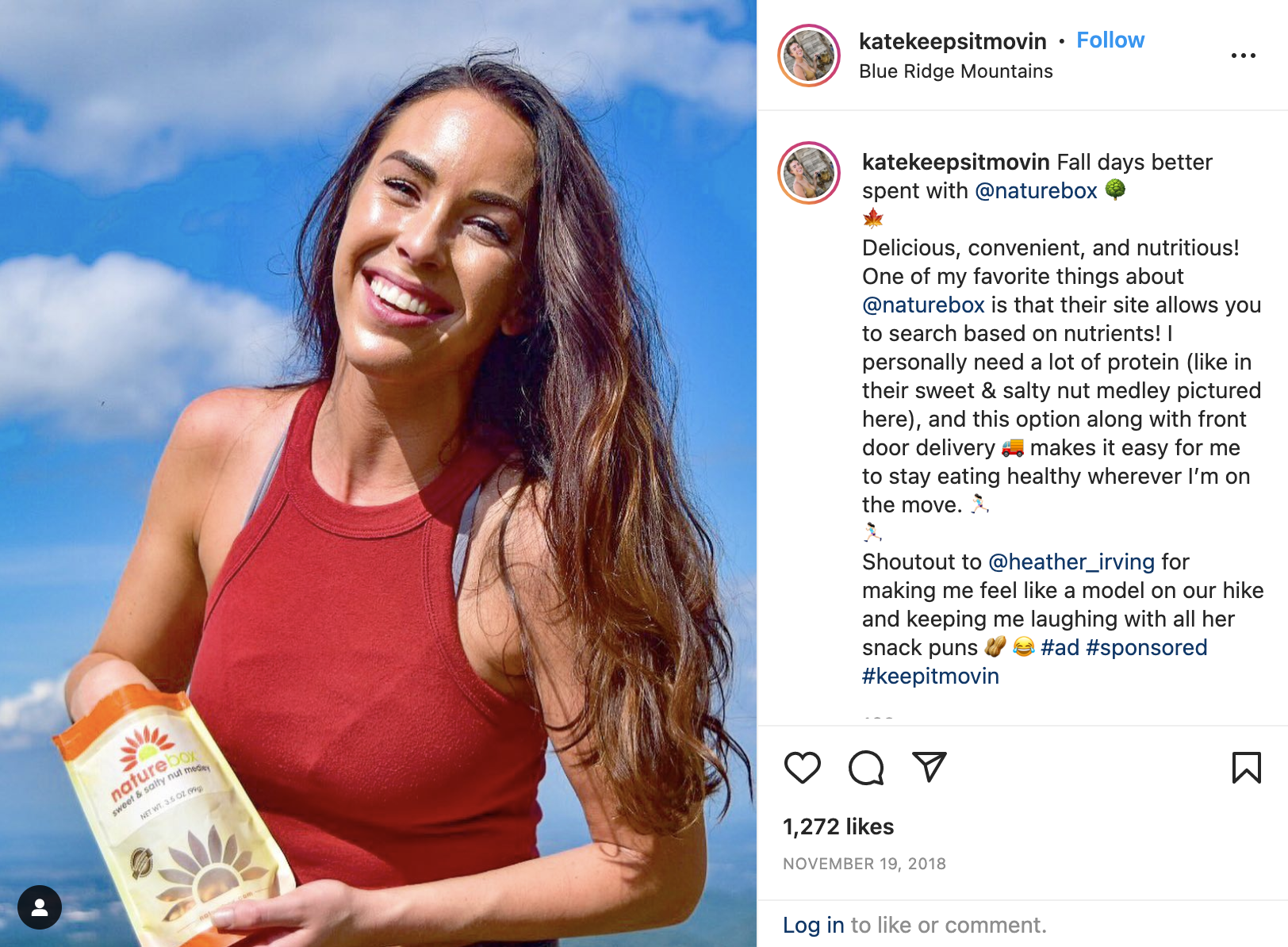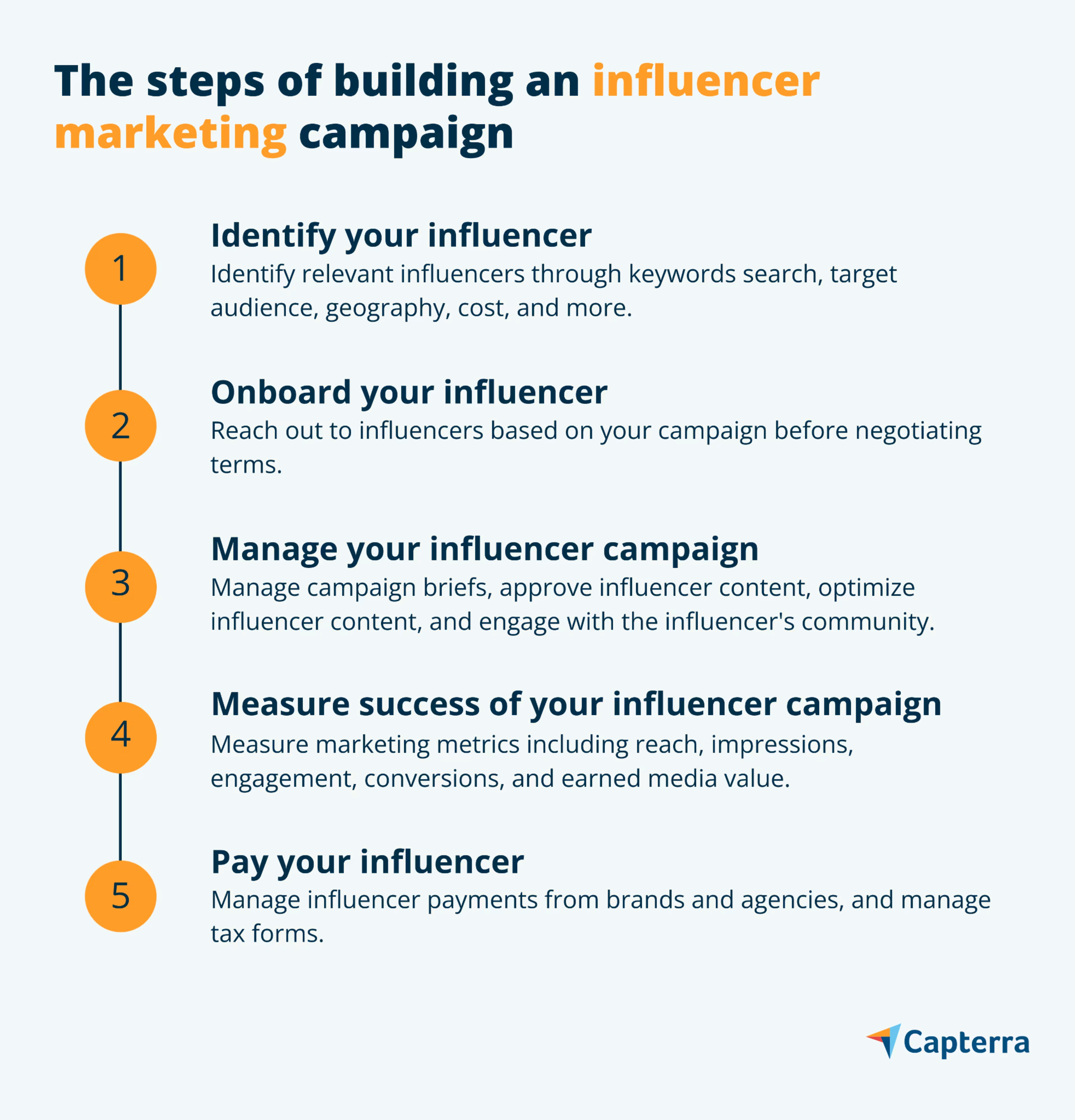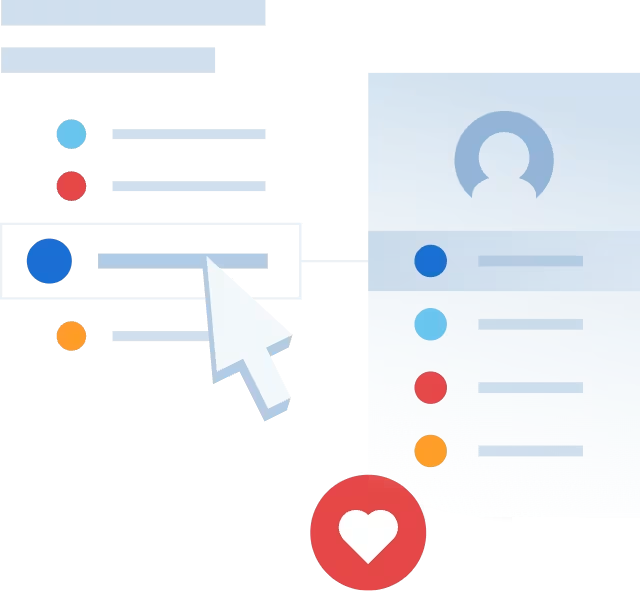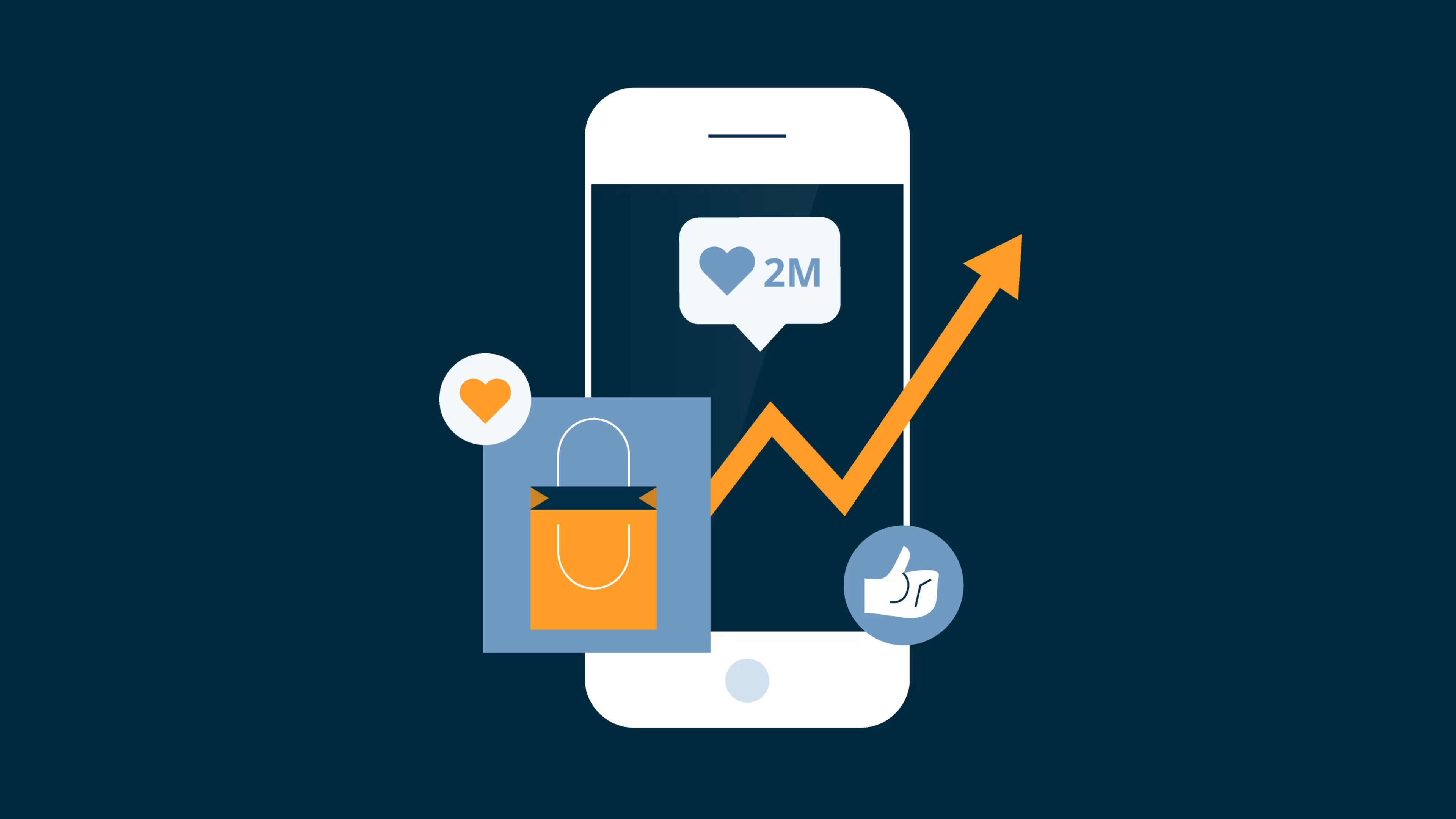If you’ve ever wondered what an influencer is or why influencer marketing is important for your business, look no further.
If you’re a marketer, you’ve heard the term influencer marketing before, but maybe you’ve never considered it as a viable marketing option for your business and brand. You might want to reconsider because according to Industry Marketing Hub’s latest survey, the influencer marketing industry is set to grow to approximately $13.8 billion in 2021. That same survey found that businesses earn an average of $5.78 promotional publicity for each $1 they spend on influencer marketing.
Additionally, according to the 2020 Gartner Marketing Technology Survey, nearly two-thirds of marketers have fully deployed or are piloting influencer marketing programs—so there’s a good chance your competitors are already utilizing and benefiting from influencer marketing (full content available to Gartner clients).
The same Gartner survey found that thirty-four percent of consumers who follow a brand on social media say they like to see content created by people who are using the brand, such as reviews, unboxing videos, and product demos.
Don’t worry though. If you’ve ever asked yourself, “what is influencer marketing?” or “why should I care about influencer marketing?”—we’ve got you covered.
What is an influencer?
An influencer is someone who has the power to affect the purchasing decisions of others because of their authority, knowledge, position, or relationship with their target audience through engagement.
Often, an influencer has a following in a specific niche that they engage with regularly, and are experts in said niche. The size of the influencer’s following depends on how popular the niche is. An influencer can be a popular YouTuber; social media star on Instagram, Facebook, or TikTok; Twitch streamer; fashion blogger; or even a tech expert with a large following on LinkedIn.
The appeal of influencers is rooted in the perception of their unbiased voice and expertise, and their ability to drive positive word-of-mouth among their loyal followers. Further, the promise of influencer marketing lies in its ability to share personal experience and/or perspectives in an authentic way through content created not by the brand, but by a trusted source on its behalf.
Put simply, if someone sees their favorite YouTube influencer use a product, they’re more likely to be interested in that product.
A successful influencer marketing campaign relies on a brand’s ability to leverage influencers correctly. Don’t think of influencers as marketing tools but rather as a collaborative partnership to achieve your influencer marketing objectives.
If you select the right influencer and build a campaign around them for your brand, you will access many potential customers you would have otherwise been unable to reach.
What is influencer marketing?
Influencer marketing is a marketing campaign practice of leveraging a relevant social media influencer, industry thought leaders, and third-party organizations or entities to drive influencer marketing outcomes—from brand awareness through conversion—among your target audience.
Influencers do this through creating content, stating opinions, and sharing personal experiences objectively on behalf of your brand on their social media platform of choice. Brands can then feed off of influencers’ perceived authenticity among their loyal follower bases.
A brand might seek out and hire influencers in order to create and publish original, credible social content on their behalf.

An example of influencer-sponsored content from popular Instagram user katekeepsitmovin (source)
When partnering with influencers, your aim should be to drive positive word-of-mouth among your target audience on social media (Instagram influencer marketing is a popular option), broaden reach, convert, deepen brand awareness, and increase customer loyalty.
An influencer marketing campaign might not even necessarily be focused on marketing specific products, but rather working with influencers to improve brand awareness and recognition.
Don't confuse influencer marketing with celebrity marketing. There may be some overlap, but influencer marketing doesn’t rely on fame; it relies on an influencer’s niche community of like-minded people who come to that person for a specific thing. Celebrity marketing relies on the fame of one person whose appeal and fan base might not be as interested in your product or brand.
At the end of the day, it’s important to remember that influencer marketing is more than finding someone with an audience on social media and offering them money or exposure to say good things about you; it’s about building a collaborative partnership with an influencer so that their audience can become your audience over time.
Influencer marketing can include:
Product reviews on social media
Unboxing video content
Being a part of a brand campaign or new product launch
Sharing coupon codes with their followers
Creating co-branded content and items with the influencers
Giveaways on the influencer’s platforms
Using influencers to create content like videos, blog posts, and social media ads for your brand
Why is influencer marketing important?
We already talked about some of the crazy statistics that relate to influencer marketing in the introduction, but here are a few more reasons why you should consider adopting an influencer marketing strategy.
If you’ve ever engaged with social media marketing, you’re already in the realm of influencer marketing. That’s because influencer followings are almost always centered around some form of social media, whether it’s Instagram, LinkedIn, TikTok, or Twitter. It’s not hyperbole to say that gaining traction with social media marketing is crucial for nearly any business that’s looking to attract new customers, so utilizing influencer marketing is the obvious evolution of that strategy.
66% of consumers use ad blockers when browsing the web, so utilizing an influencer can gain the attention of a large chunk of consumers that wouldn’t otherwise be looking at your paid advertisements or banner ads. Additionally, a staggering 80% of people say they’ve purchased something based on the product being featured in an influencer’s content.
Potential challenges faced when using influencer marketing
It can be tough to select influencers who align with your brand. One study on the state of influencer marketing reports that 67.6% of marketers say that their greatest influencer marketing challenge is finding relevant influencers. This makes sense, considering both the number of influencers there are to choose from and how hard it can be to differentiate them.
Metrics such as follower count and engagement can be unreliable and don’t directly translate to business results. An influencer might seem like a perfect fit based on their following on social media, but it’s never a guarantee that you’ll see a positive ROI with your influencer marketing campaign.
You should also be aware that the consequences of selecting the wrong influencers are more than just low ROI; an influencer’s wrongdoing can seriously damage a brand’s reputation.
Even when you select the right influencers, you might struggle to build ongoing partnerships for several reasons. Sponsorships can appear inauthentic if they’re too scripted, but, then again, you might be hesitant to give up control over your brand. At the same time, you might not have the resources to closely monitor influencers’ behavior.
You also need to be aware that influencers can have existing partnerships in place that might be direct competitors, which creates the challenge of figuring out how to position your brand relative to others.
Start small when it comes to influencer marketing
If you’re considering starting your first influencer marketing campaign, start small. Don’t shoot for the stars and try to find an influencer that has a follower base of millions. Build confidence and look for local influencers who might have a smaller following but will have a more passionate fan base.
And if you need some help getting started, we’ve created a step-by-step guide to help you out.

Looking for Influencer Marketing software? Check out Capterra's list of the best Influencer Marketing software solutions.

